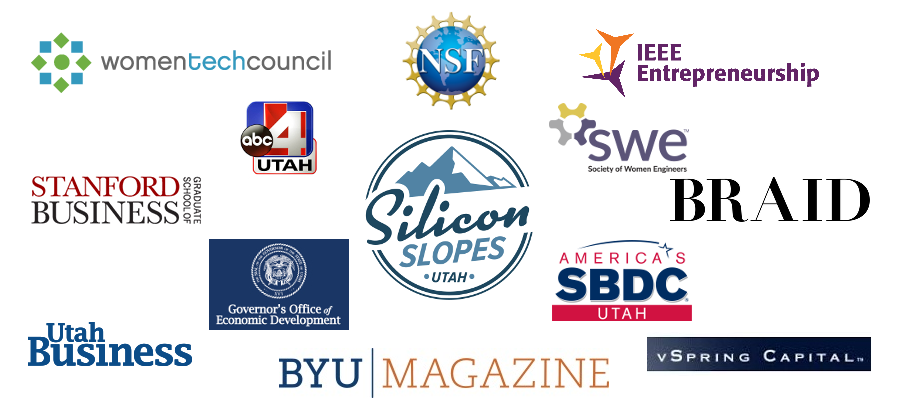 Accelerators have become the “new new” thing in startup-land. The idea is that an accelerator will, well, accelerate a startup’s success by providing a cohort of peers and services such as active mentors, low cost or pro bono service providers, a network, with sometimes a small capital investment, all in exchange for equity.
Accelerators have become the “new new” thing in startup-land. The idea is that an accelerator will, well, accelerate a startup’s success by providing a cohort of peers and services such as active mentors, low cost or pro bono service providers, a network, with sometimes a small capital investment, all in exchange for equity.
The equity stake required is meaningful, typically 5% to 7% percent of the company so the cost of joining an accelerator can be high in exchange for the value.
According to recent research, less than half of alumni from top accelerators had raised at least $750,000 within 12 months of graduating, and, for most accelerators, that rate was less than quarter. In addition, fewer than a third of the accelerator alumni had raised at least $750,000 with at least one institutional investor within that first year.
Unless a team has very little experience and no network, it is not clear how much “acceleration” the current generation of accelerators are providing. (and if you are in that position, see below for some much more cost- and time-effective options!)
A recent Forbes blogpost, which was quite optimistic about accelerators, admitted that only about 10% of alumni of the top three global accelerators have had successful exits and the success rate drops to one to two percent when looking at the track record of the Top 10 global accelerators. One misunderstanding many entrepreneurs have is whether the vaunted “contacts” of the accelerator will be and how much capital the accelerator may, or may not, contribute. One “large” and brand name accelerator recently changed their “pitch day” to include two completely separate stages. So the investor you want to hear your pitch may be at the other stage and miss you altogether. Does this add value to your fundraising efforts? Unlikely.
An entrepreneur should make sure to conduct due diligence on the success rate of a potential accelerator and weigh the potentially significant costs versus the benefits. Equity seems cheap when you are in the earliest stages of your startup, every experienced entrepreneur will admit to that having been the case! But the more success you have, the more expensive that early equity becomes. To accurately value the equity you may give up for an accelerator, consider the value of your company at “some point” in the future. If your business only ever reaches a $1 million valuation, 5% is $50,000!!! If it reaches $10 million, that 5% reaches $500,000! Yes, of course there is dilution, but you get the point. You may one day bitterly regret giving away what seems like “only” 5-7% of your company, particularly if you are one of the majority of accelerator alumni who don’t get serious fundraising traction from their experience.
 However, it IS important to remember that you should not try and raise capital without expert advice. When we raised our first round for our first startup “back in the day”, there was still some room for error in the private capital markets. That is not true today. Mess up, pitch to the wrong investor, have a bad pitch day, and you may poison the well, permanently. We offer our “Designing the Perfect Investor™” course, either in an online version, or with one on one coaching, to get you the insider information you need to improve your odds of fundraising success. Because a perfect investor already wants what you have to offer! As part of our coaching community, we offer the InvestorFind™ service which provides a list of potential investors who match the “Designer Investor” profile for our client’s business.The great news about our programs, for less than the cost of one failed trip to the wrong investor, you’ve got the inside scoop to help you succeed.
However, it IS important to remember that you should not try and raise capital without expert advice. When we raised our first round for our first startup “back in the day”, there was still some room for error in the private capital markets. That is not true today. Mess up, pitch to the wrong investor, have a bad pitch day, and you may poison the well, permanently. We offer our “Designing the Perfect Investor™” course, either in an online version, or with one on one coaching, to get you the insider information you need to improve your odds of fundraising success. Because a perfect investor already wants what you have to offer! As part of our coaching community, we offer the InvestorFind™ service which provides a list of potential investors who match the “Designer Investor” profile for our client’s business.The great news about our programs, for less than the cost of one failed trip to the wrong investor, you’ve got the inside scoop to help you succeed.

